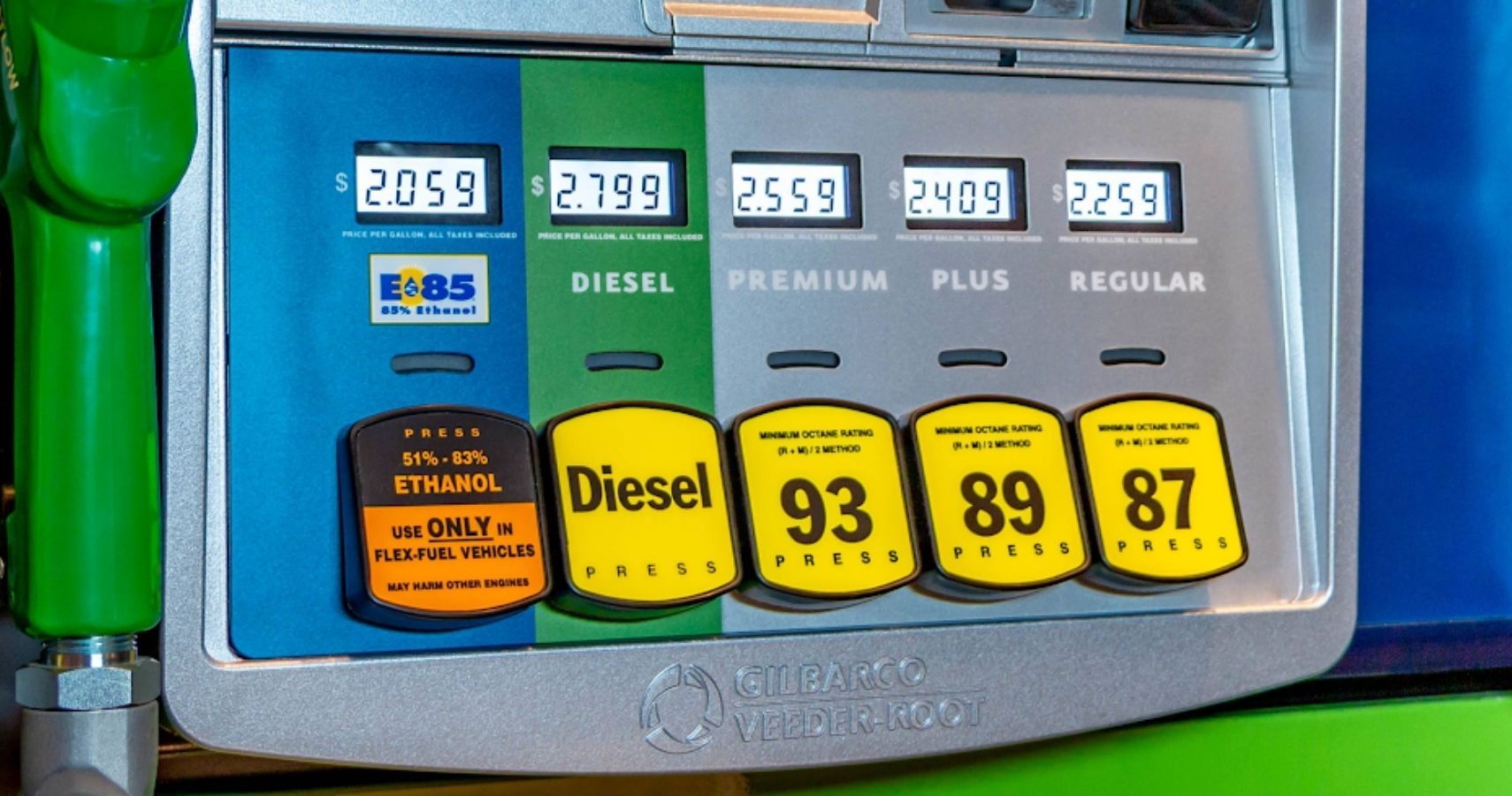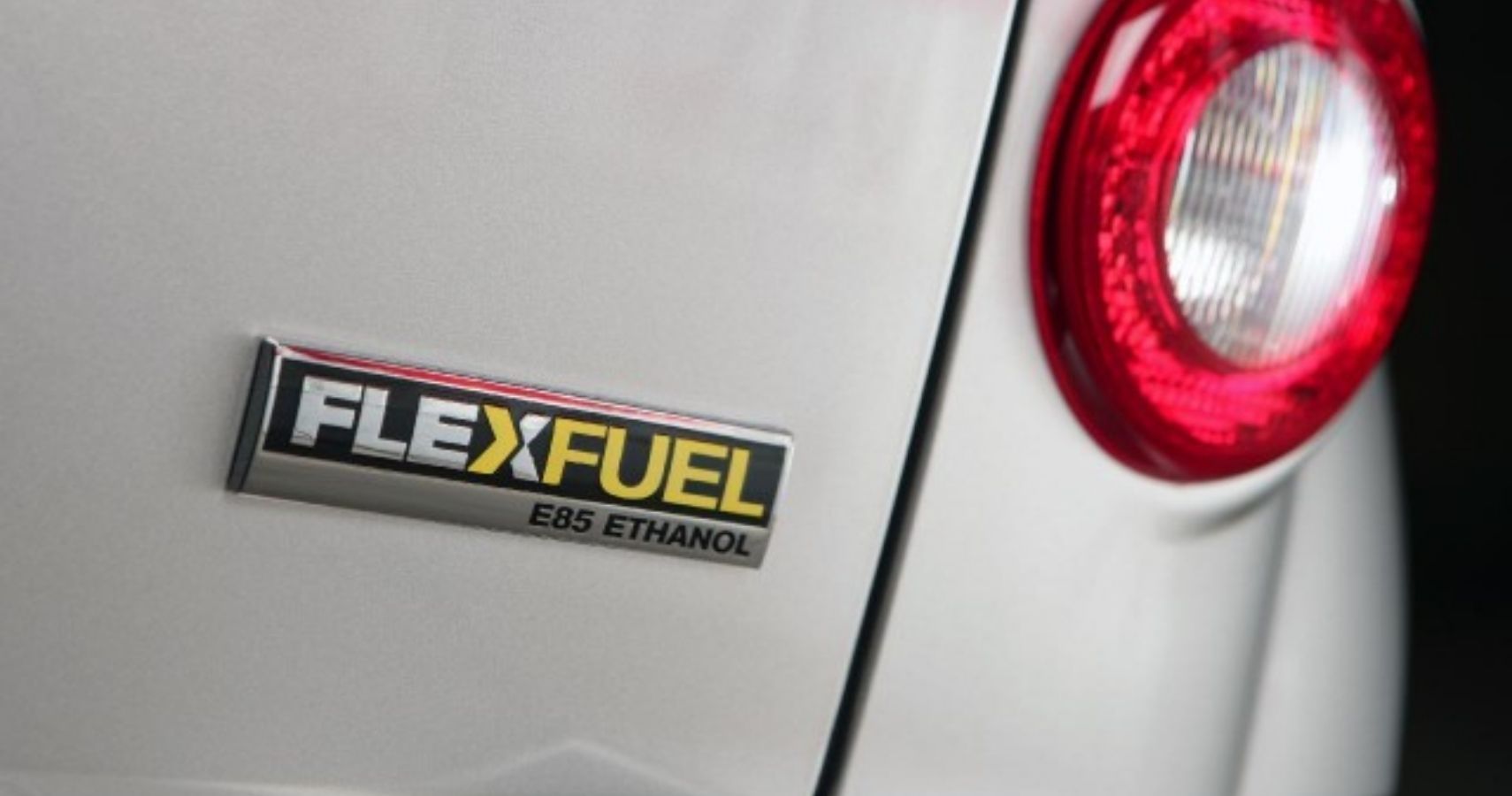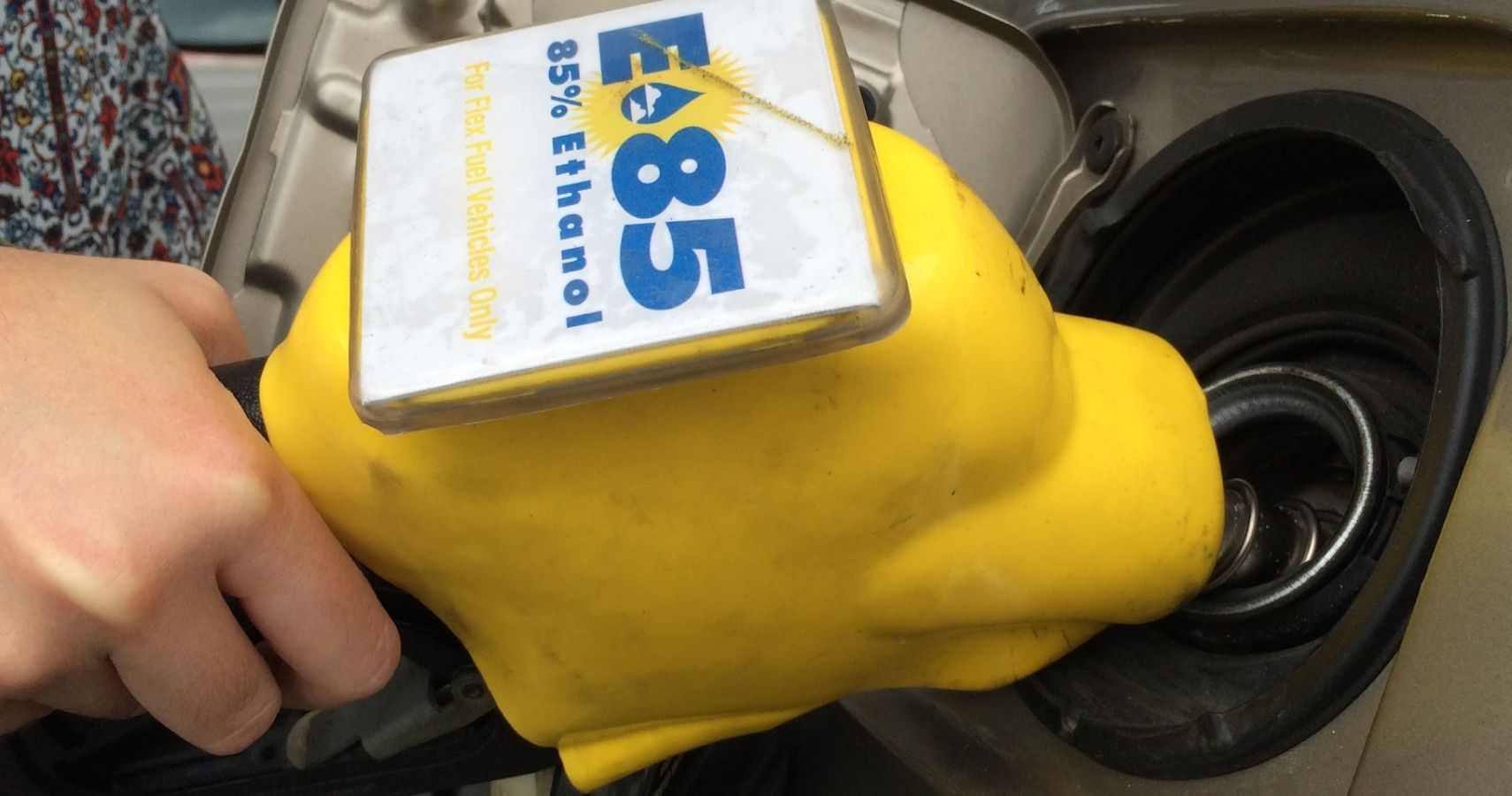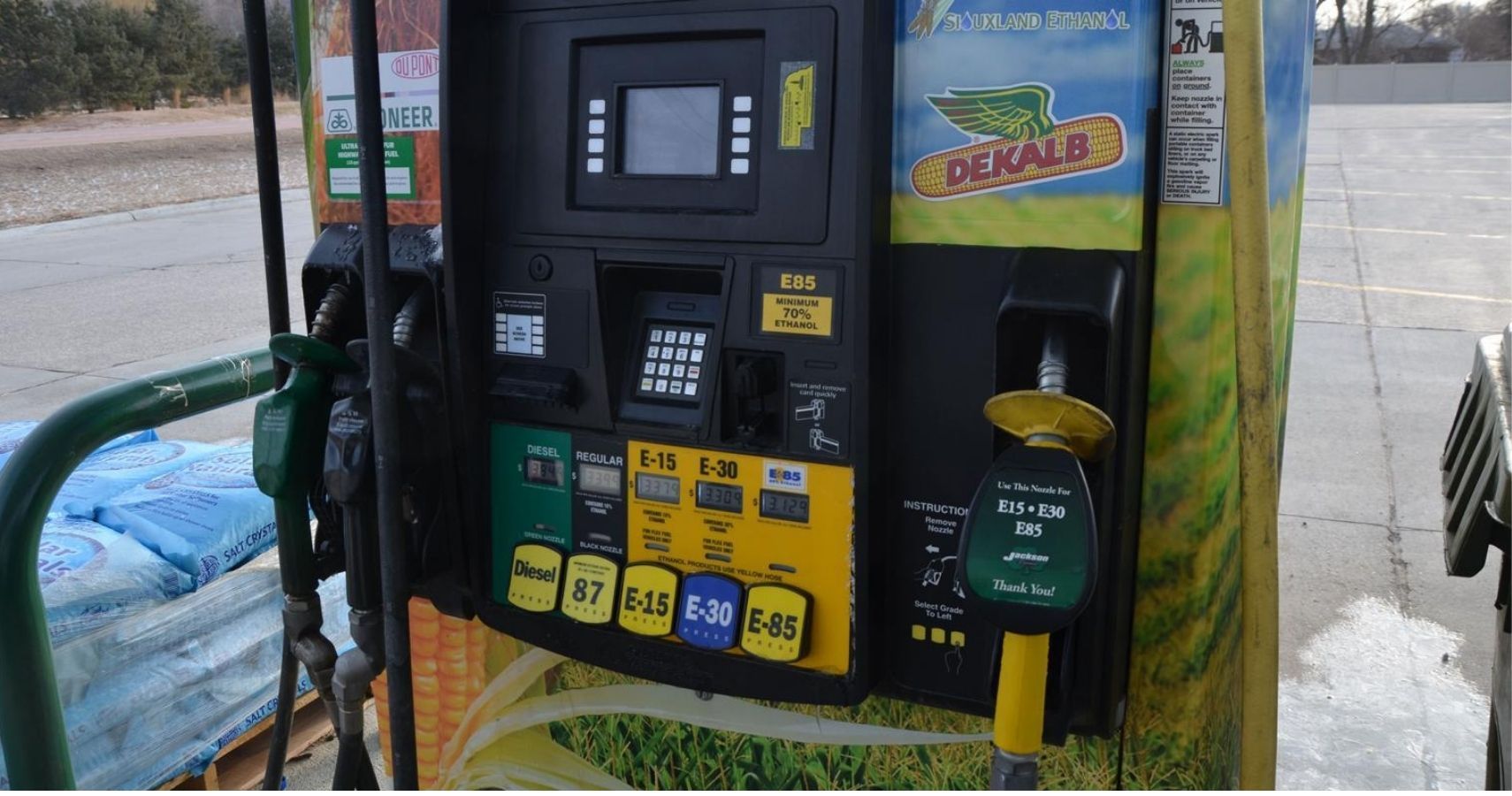Flex Fuel is not something that is known around the world. Over the past couple of years, you have likely heard more about Flex fuel vehicles but might not have a full understanding of what it really is. You need to make sure that before you invest in a Flex fuel vehicle, you have a clear understanding of what flex fuel really is and what the benefits and disadvantages are.
Ford was the first manufacturer to introduce commercial Flex fuel vehicles back in 1994. By 2006 came around, Ford, GM as well as Chrysler have all made Flex fuel cars. Since then, Audi, Nissan, VW, Mercedes and Toyota have also jumped on the Flex fuel bandwagon.
We are going to take a look at what the fuel is, and the pros and cons of it. Everything you need to about Flex fuel and its benefits.
What is Flex fuel?
Flex fuel is also known as Flexible fuel. It is an alternative fuel made of a combination of gasoline and methanol or ethanol. Flex fuel is designed for vehicles that have internal combustion engines that are designed to run on more than one type of fuel. Besides the fact that there are a few modifications made to the engine and fuel system, Flex fuel vehicles are basically identical to gasoline-only vehicles.
As we mentioned earlier, this fuel technology is not new. It was first developed in the early 1900s and use in the mass-produced 1994 Ford Taurus. Turns out, by 2017, there were roughly 21 million Flex fuel vehicles on the road.
The pros of Flex fuel
Now that we have a better understanding of what Flex fuel really is, let’s take a look at some of the benefits.
Cleaner when it comes to the environment
The truth of the matter is, more people today are concerned about fuel consumption's effects on the environment. Ethanol burns cleaner than gasoline. This means that flex fuel cars will pump less toxic fumes into the environment. Flex fuel also contributes fewer greenhouse gases, making it a more environmentally friendly option than traditional gasoline.
Advanced technology
Modern Flex fuel vehicles are built using advanced technology such as electronic sensors. As mentioned, these technological advances allow your car to adjust the way it's operating, including detecting the fuel blend and making any necessary adjustments. In other words, Flex fuel cars can contain 10 to 85 percent ethanol. Once your car determines the amount that the car currently has, h will determine the most efficient proportions to ensure that your car goes smoothly and efficiently.
Sustainably produced
If you are going to buy a car because you want to be more aware of the environment, it is good to know that many Flex fuel vehicles run on ethanol. This is sustainably produced from ingredients such as cane sugar and corn. This makes ethanol a good alternative to purchasing foreign oil.
Improved performance
Some people might sit and argue that using this fuel source can negatively impact your car’s performance. Well, in reality, this might not be the case. Bentley released a Flex fuel GT and they believe that the Flex fuel helps to generate an increase in torque and horsepower. Read this article to find out more.
Tax benefits
People who drive flex-fuel cars receive tax credits that can significantly reduce or even eliminate their tax obligation. This means not only are you helping save the environment, but you are also going to get rewarded for it when it comes to you paying taxes. It is a win-win situation.
Cheap race fuel
For all those racers out there, a lot of the time the Flex fuel is used as cheap race fuel. It is often used in cars that have high boost turbocharged and supercharged engines such as the 2004 Mini Cooper S.
The cons of Flex fuel
Everything in life has positives and negatives. It is now time to look at some of the disadvantages of Flex fuel.
Scarcity of fuel stations
Flex fuel is not as economical as gasoline which means gas stations are less likely to carry it. In fact, only a small percentage of gas stations nationwide supply ethanol, although that is likely to change as more consumers purchase flex-fuel vehicles. Keep in mind that one of the benefits of having a modern Flex fuel vehicle, it can use any combination of gasoline and ethanol. Your car’s sensors will detect the blend and make the changes that it needs to ensure that the car drives.
Gas Mileage
Some experts say that flex-fuel vehicles have similar mileage as regular fuel-powered vehicles, others claim they have lower gas mileage. Ethanol does raise the octane levels in your car but it contains less energy. In other words, it will take about 1.5 times more to provide the same energy levels.
Possible engine damage
We all want to make sure that we take the best care possible when it comes to our cars. Due to the fact that ethanol absorbs dirt easily, it can potentially corrode and damage your engine.




